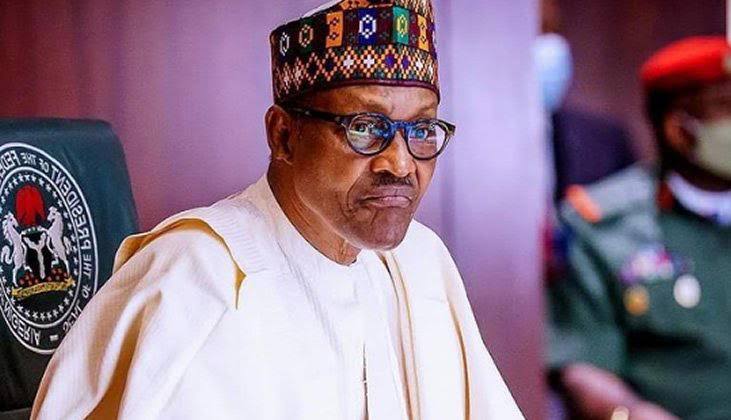It is nọ longer News that the University of Maiduguri now bears to a brand-new name: Muhammadu Buhari University.
The Federal Ministry of Education says this change did not just come from nowhere. According to Dr. Olatunji Alausa – Minister of Education, it is a big “thank you” to the late former President Muhammadu Buhari for his “unwavering commitment to education and national development.”
President Bola Tinubu approved the renaming during a special Federal Executive Council (FEC) session held to honour Buhari’s legacy. The high profile meeting was attended by the likes of Senate President, Godswill Akpabio, Speaker of House of Representatives, Hon. Tajudeen Abbas, governors, ministers, and even Buhari’s son Yusuf.
The Education Minister, said the renaming is a way to salute Buhari’s efforts — from the Anchor Borrowers’ Programme to TSA, social investment schemes, and the Economic Recovery and Growth Plan.
According to the Ministry, this move aligns with Tinubu’s vision of education as the “cornerstone of sustainable growth and national identity.”
Certainly! Here’s a refined version that presents the claim, counters it with factual context, and ties it together with a balanced conclusion:
Some have argued that Muhammadu Buhari’s name is fitting for the University of Maiduguri because of his supposed role in its formation during his time as a military administrator of the North-Eastern State. Supporters of this view suggest that Buhari’s leadership in the region, especially his commitment to infrastructural development and security, laid the groundwork for the establishment of key institutions like UNIMAID. His later national focus on education and youth empowerment has only deepened that narrative, making the renaming appear like a well-deserved tribute.
However, historical records indicate that Buhari did not play any direct role in the founding of the university. The University of Maiduguri was established in 1975 by the Federal Government under General Murtala Muhammed, well before Buhari assumed national leadership or held influence at that level. While he governed the North-Eastern State briefly in 1975, the university’s establishment had already been formalized through federal policy, not individual initiative.
In essence, while Buhari’s broader contributions to the region and to national development—especially in education and governance—are noteworthy, credit for the creation of the University of Maiduguri lies squarely with the administration that birthed it. The recent renaming, therefore, is less about origin and more about legacy—honouring a former president whose policies shaped the educational landscape in more indirect, yet impactful ways.
